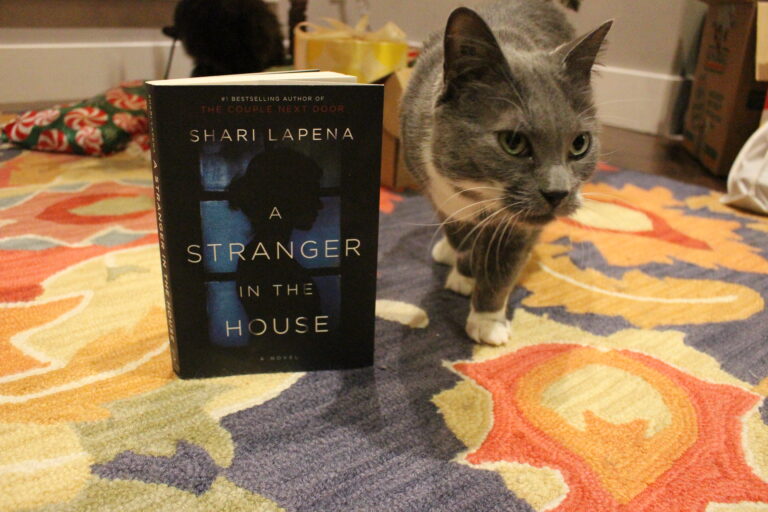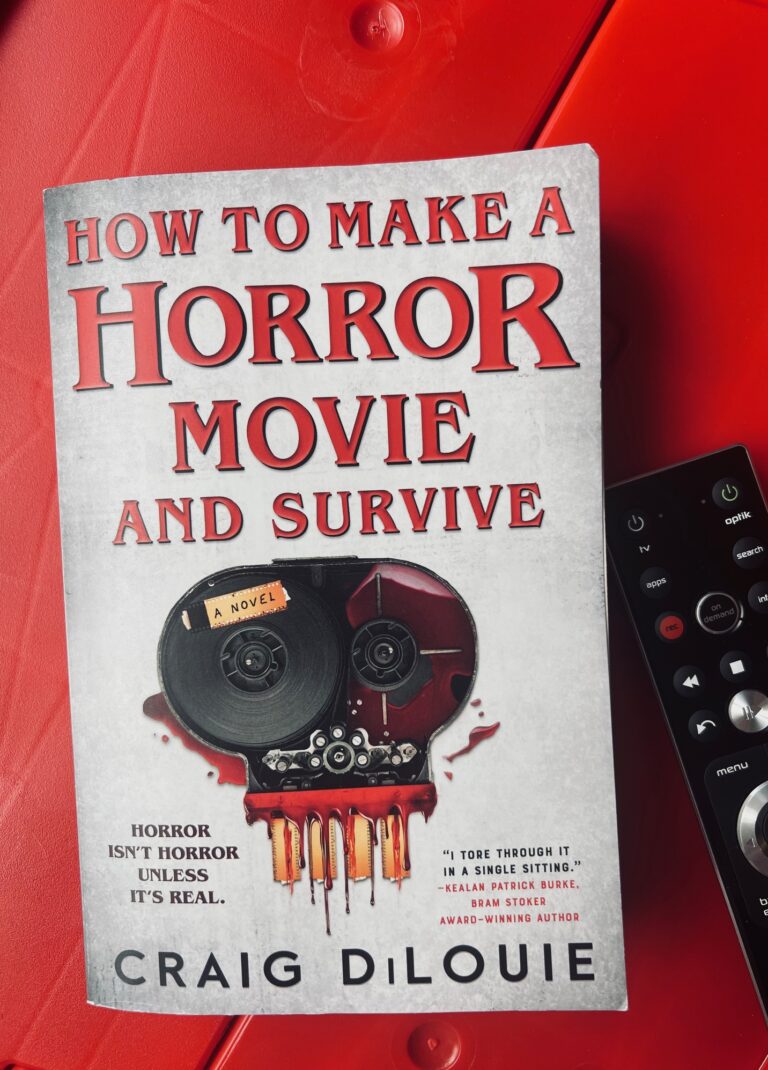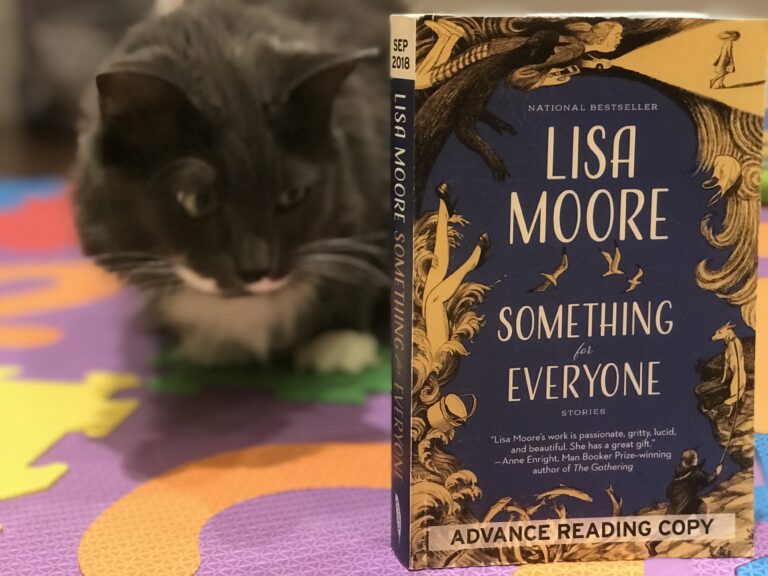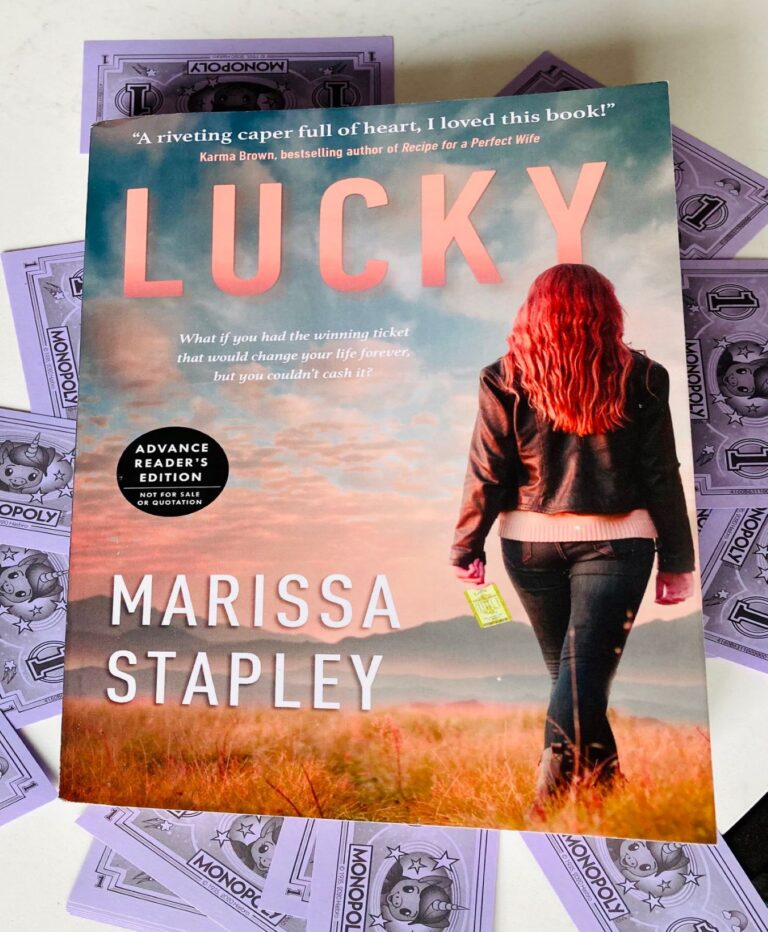Book Review: The Passenger Seat by Vijay Khurana
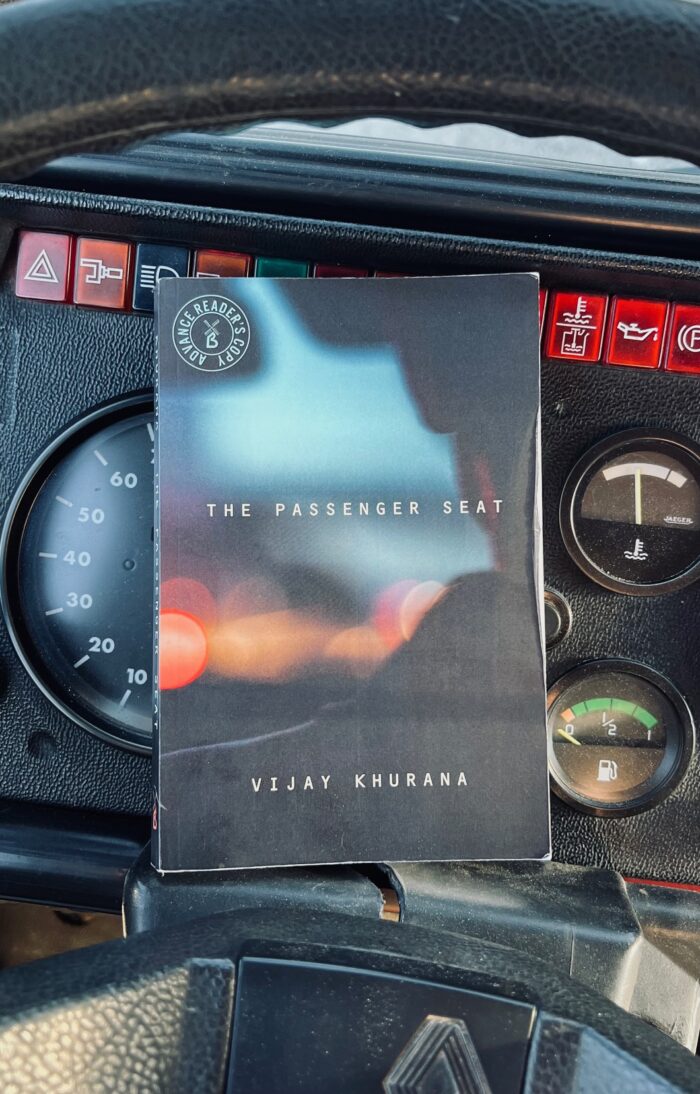
When The Passenger Seat by Vijay Khurana was pitched to me this past spring, I recall being immediately intrigued by its premise; the exploration of toxic masculinity, based loosely upon a horrific incident that took place in Canada a few years ago. I liked the idea of a creative interpretation of the situation; an imagining of what could have led to the tragic turn of events, and how the young men’s lives may have looked leading up to that fateful summer. Instead of sensationalizing the story, it carefully examines their circumstances, coming up with a searing look at the growing pandemic among youth: loneliness.
Plot Summary
Teddy and Adam are on the cusp on manhood, living in a small town, and enjoying their last few weeks of summer vacation before school starts up again. Both are frustrated by their lives; Teddy has a girlfriend that simultaneously frustrates and enamors him, while Adam is ashamed of his father’s poverty and listlessness. Although coming from a more stable home, Teddy is sickened by his parents denial; it’s obvious his mother is engaging in an ongoing affair while his father remains resolutely oblivious, even Teddy’s older sister is desperate to escape the charade and go away to university as soon as possible. Adam struggles with making friends, working a part-time job to keep himself out of the house and fed, but awkward around most of the kids his age, connecting only with Teddy. On a whim they decide to embark on a road trip north, hopefully ending up somewhere near Alaska. Teddy seems a bit more hesitant, but Adam is committed to never coming back, and for reasons somewhat unknown, they stop and purchase a gun at a hunting store, along with plenty of ammunition as they exit town. It’s not much of a spoiler to reveal that the trip takes a violent turn, and early on in the novel there is obvious foreshadowing that Teddy and Adam will become the subject of major speculation in the media. The majority of the book describes the road trip, but the last twenty pages push the reader into a jarring perspective; that of the man that Teddy’s mother was having an affair with.
My Thoughts
At the risk of sounding like a hand-wringing old woman, I will caution people in picking up this book if they already think ‘kids these days’ are a danger to themselves and others. Although it doesn’t directly point the finger at any one particular issue, first-person shooting games are most definitely a piece of this puzzle that Khurana references. Would it be unfair to label all ‘shooting’ gamers as potentially dangerous loners? Of course, but what this book is suggesting is not the games itself that are the problem, but the void of social skills these activities have filled for young men.
The novel actually begins with an almost heart-warming scene; two boys jumping off a bridge into cool water, playing outside together to beat the heat and laze away a summer day. But because we live solely in their interior lives, we are quickly alerted to the destructive thoughts that ping pong inside their heads. They are completely unequipped to recognize or communicate their emotions, both positive and negative. Instead, their internal dialogue is peppered with suspicions of one another, attempts to connect that are thwarted, and much anger and confusion. Their inner thoughts came across as odd, detached, and made me uncomfortable almost as soon as we meet these characters:
“Maybe it’s just him, maybe he’s a freak like everyone says. It isn’t the sort of thing he can talk about, to Teddy or anyone else…So much focus has been on the hazards of sex for women, and rightly so, that nobody, until now, has talked about what dangers it holds for men. He learned that from a streamer he follows, a guy who monologues while he plays and whose thinking seems sharpened by the mechanics of combat” (p. 45 of The Passenger Seat by Vijay Khurana, ARC edition).
The choice to end the book with the perspective of an outsider who played only a peripheral role to the boys’ lives seemed an odd one at first, I figured it was meant to lend the situation an air of seriousness not usually viable through a first person narration. Instead, I quickly realized the author was doing something much more impactful; he was drawing connections between a teenaged male friendship, and a similarly odd (although much less violent) friendship between two middle-aged men who do NOT play video games. My judgement of these friendships is of course skewed being female myself, and I did not recognize any kind of warmth in this story at all. That being said, I’m (desperately) curious to know a man’s perspective of this book – did you feel the men were portrayed unfairly? Did it oversimplify the challenges men face nowadays? Does it only reflect a very extreme kind of male friendship or psyche? I’m sure the answers to all those questions is ‘yes’ depending on who reads this and comments, but I’d love to hear from you guys regardless.

